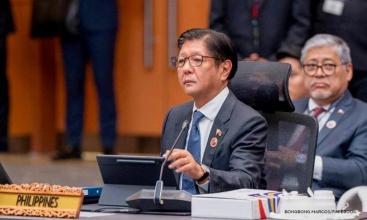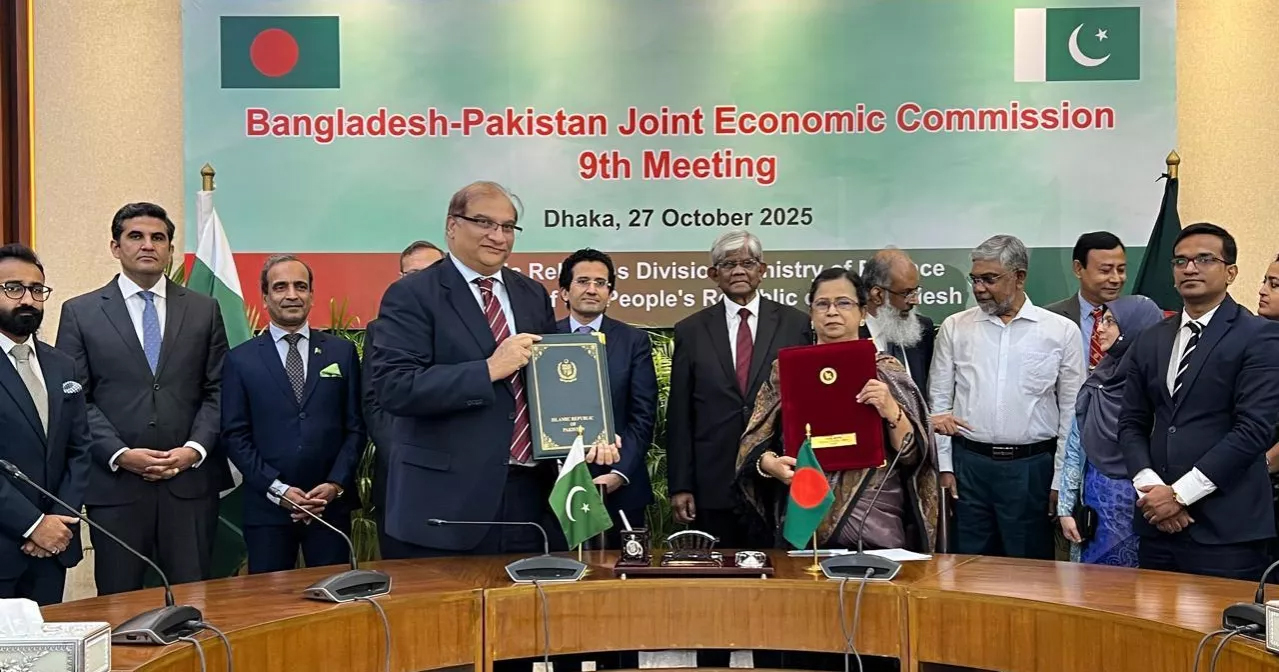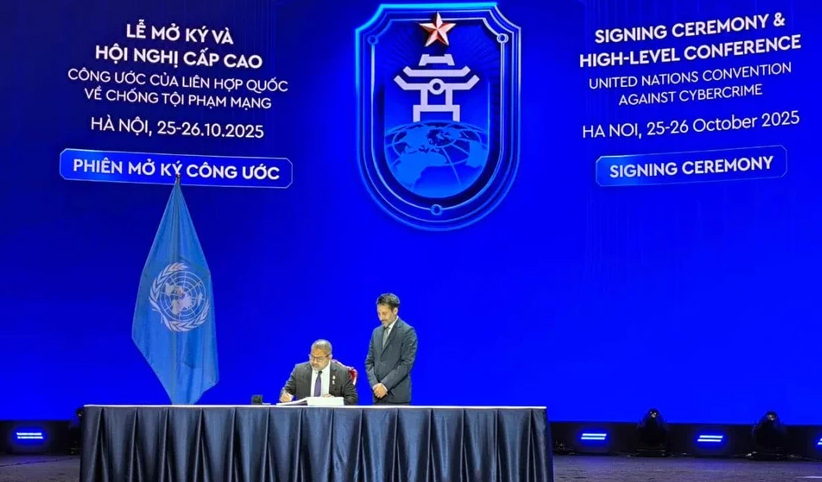Nepal’s Lower house passes its regulations without curtailing Speaker’s powers
For the first time, the regulations have authorised the deputy Speaker to commence and end House meetings with the consent of the Speaker or when the Speaker is unable to attend the meeting

Katmandu: The House of Representatives on Sunday endorsed its regulations through majority votes after the ruling parties agreed to withdraw some of the provisions aimed at curtailing the powers of the Speaker, a UML nominee.
The ruling party lawmakers including those from the Nepali Congress and the CPN (Maoist Centre) had earlier registered proposals to amend the draft regulations to require the Speaker to seek consent of the parliamentary Business Advisory Committee (BAC) for every decision.
The committee fixes and controls the time and handles the routine of discussion in parliament and is headed by the Speaker with chief whips, whips of various parties and a few lawmakers. Its role is to resolve the differences regarding the House proceedings if there are any.
Most of the proposed amendments stated that the Business Advisory Committee decides in advance all the tasks to be carried out by the Speaker. The ruling party lawmakers said they sought a revision of the draft regulations after getting hints that the Speaker could function ‘arbitrarily’.
Dissatisfied with the move, Speaker Devraj Ghimire had consulted top leaders of the major parties including Prime Minister Pushpa Kamal Dahal who also is the chair of the CPN (Maoist Centre). After several rounds of discussions, an agreement was reached to withdraw the amendment proposals on condition that the Speaker convenes BAC meetings regularly.
“We have reached a consensus to accept the amendment proposals, but with changes,” said Nepali Congress chief whip Ramesh Lekhak, who addressed the House on behalf of the Regulations Drafting Committee.
Instead of the amendment proposal that seeks to make it mandatory for the Speaker to seek BAC’s permission for each and every action, we have agreed on ensuring that the BAC meets regularly, said Lekhak.
The Congress and the Maoist Centre lawmakers agreed to withdraw their amendments following Lekhak’s commitment. It took two and a half months for the lower house to endorse its regulations following differences among cross-party lawmakers over different issues including curtailing the Speaker’s authority.
The process for the formation of the House committees, which are considered as the mini parliaments, will commence with the endorsement of the regulations. The next meeting of the lower house has been slated for Thursday.

As per the new regulations any lawmaker who faces judicial custody or is absconding in a criminal offence will remain suspended until the final verdict is out. Now impeachment motions against the President and Vice-president must be concluded in three months, and within five months if the motions are against the chief justice, justices, members of the Judicial Council and constitutional commissions.
However, impeachment motions brought during the lower house’s last five months of the tenure will be carried over to the succeeding parliament. Earlier there was no time limit for concluding impeachment motions and the law was unclear whether the motion transfers to the new parliament. As a result, the impeachment motion against former Chief Justice Cholendra Shumsher Rana could not be concluded as the House couldn’t put the motion to vote for months.
For the first time, the regulations have authorised the deputy Speaker to commence and end House meetings with the consent of the Speaker or when the Speaker is unable to attend the meeting. Earlier, the authority to commence and adjourn the House meeting was only with the Speaker.
The regulations have also cleared the legal hurdles for conducting plenary sessions (when all members are present) of lower house and House committees virtually in situations when it is not possible to hold such meetings in person. The Speaker will call a virtual meeting if one fourth of the lawmakers demand, in situations like national disaster or a pandemic, according to the regulations.
(Except for the headline, this story has not been edited by SAC staff and is published from a syndicated feed.)




